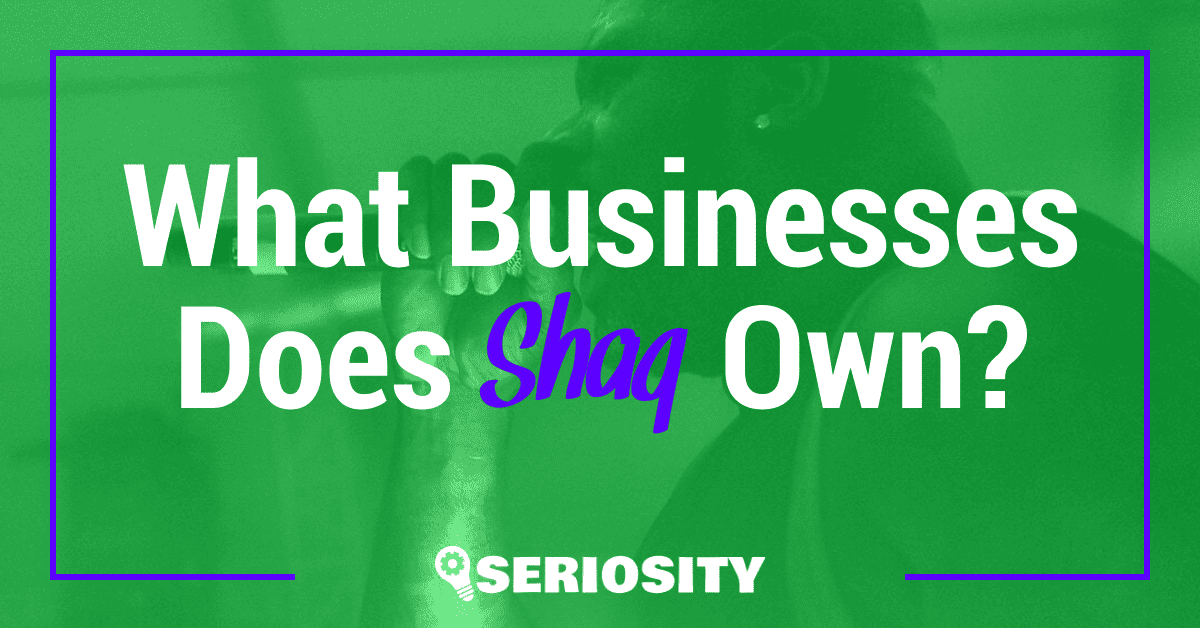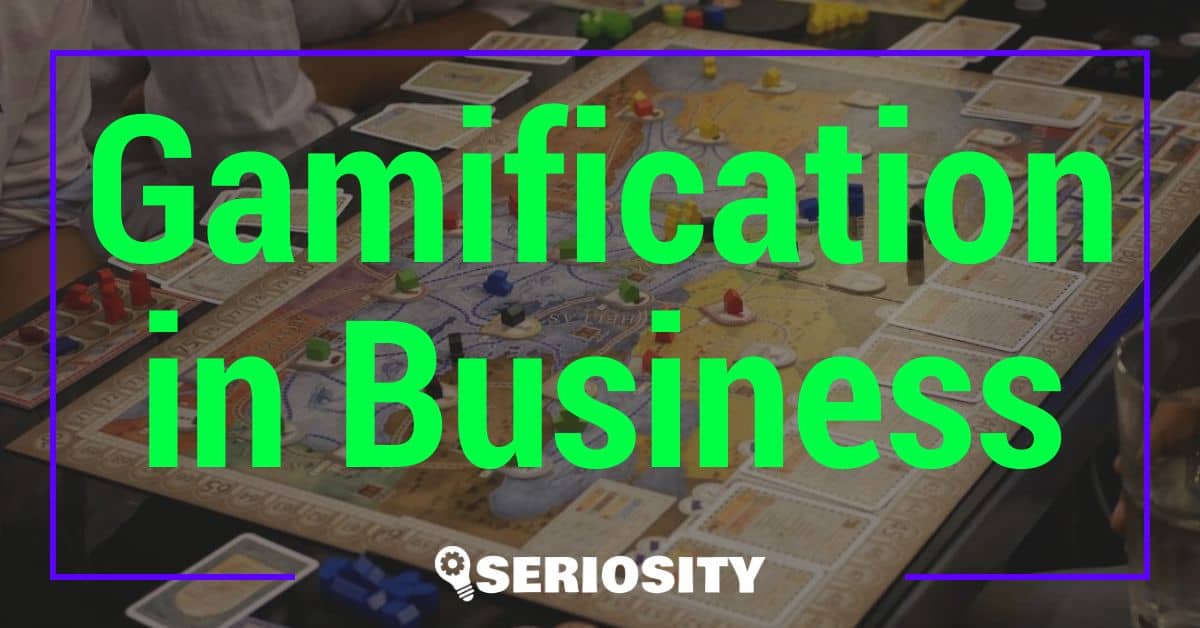Ever wondered who’s behind the curtain of your favorite streaming service, Hulu? It’s not just a magical box of endless entertainment; there’s a powerhouse of ownership steering the ship. With a mix of original hits and a treasure trove of TV shows and movies, Hulu keeps us glued to our screens, but who exactly calls the shots?

Dive into the world of media giants and you’ll find a few familiar names holding the keys to Hulu’s kingdom. It’s a story of collaboration, competition, and strategic moves in the ever-evolving landscape of digital streaming. Let’s peel back the layers and discover who owns Hulu, shaping the way we binge-watch our beloved series and films.
Key Takeaways
- Hulu is the Product of Strategic Partnerships: Initially a collaborative venture between NBC Universal and News Corporation in 2007, Hulu exemplifies the power of media giants joining forces to innovate and fill market gaps, later joined by Providence Equity Partners and Disney.
- Ownership Dominated by Disney and Comcast: As of the latest updates, The Walt Disney Company holds a majority stake of 67% in Hulu, with Comcast (through NBCUniversal) owning the remaining 33%, showcasing a significant example of strategic acquisitions influencing the online streaming landscape.
- Strategic Acquisitions and Market Positioning Key to Success: Disney’s acquisition of 21st Century Fox in 2019 significantly impacted Hulu’s market positioning, emphasizing the importance of strategic acquisitions and market insights in scaling and thriving in the digital space.
- Adaptability and Flexibility in Business Strategy: Hulu’s evolving ownership and strategic focus underline the necessity for businesses to remain adaptable and flexible, with potential future market consolidations (like Disney potentially buying Comcast’s stake) and segmentation strategies informing current online business strategies.
- Continuous Innovation Essential in the Digital Age: Hulu’s venture into live TV and focus on adult-oriented content alongside Disney+’s family-friendly offerings highlight the importance of continuous innovation and anticipating market trends for long-term success in the dynamic streaming service industry.
The Origins of Hulu
When you’re diving into the streaming world, understanding where giants like Hulu come from is not just fascinating but essential. Hulu’s story begins in 2007, a collaboration that initially might have seemed unlikely. It’s a tale of big media houses realizing that to keep pace with technology and changing consumer behaviors, joining forces was not just beneficial but necessary.
NBC Universal and News Corporation were the first to throw their hats into the ring, setting aside traditional rivalries to craft something new. Think about that for a moment—you’ve got two of the biggest names in entertainment, sidestepping competition to focus on innovation. For an entrepreneur, it’s a classic case of “if you can’t beat them, join them.”
By 2008, Hulu had made its official debut. Its unique proposition? Offering both current and past episodes of TV shows, and quickly, it became the go-to place for catching up on your favorite series. From a business perspective, Hulu’s model was ground-breaking. It directly addressed a gap in the market—accessibility to TV content online. If you’ve ever tried to spot gaps in your industry, you know how golden such opportunities can be.
Joining the founding duo, Providence Equity Partners entered the picture, further beefing up Hulu’s backing. This move wasn’t just about deep pockets; it was about bringing in diversified experience and outlook from the private equity world. For any startup, having a mix of perspectives can be the difference between good and Great.
Fast forward to 2009, and Disney joins the group, adding its colossal library and branding into the mix. Hulu’s ownership now reads like a who’s who of the media world. Imagine the strategic possibilities when such powerhouses align. As someone always on the lookout for the next big idea, Hulu’s origins are a masterclass in strategic partnership and market identification.
Ownership Structure of Hulu
As someone who’s fascinated by the ever-evolving landscape of online business, you’ll find Hulu’s ownership structure particularly interesting. This streaming giant, which started as a joint venture, is a prime example of how strategic partnerships can drive success in the digital age.
The current ownership of Hulu is a testament to the dynamic nature of the media and entertainment industry. As of now, Hulu is primarily owned by two major players: The Walt Disney Company and Comcast. Disney holds the majority stake, while Comcast, through NBCUniversal, retains a significant minority interest.
Here’s a quick breakdown of the shares:
| Owner | Percentage Ownership |
|---|---|
| The Walt Disney Company | 67% |
| Comcast (NBCUniversal) | 33% |
Disney’s acquisition of 21st Century Fox in 2019 was a game-changer, bumping its stake in Hulu to a controlling interest. This move has allowed Disney to further consolidate its power in the streaming market, integrating Hulu into its broader strategy alongside Disney+ and ESPN+.
For entrepreneurs like you, Hulu’s journey underscores the significance of strategic acquisitions, partnerships, and market positioning. It’s a vivid reminder that in the world of online business and startups, understanding the market and seizing opportunities can propel a company to new heights.
Moreover, Hulu’s evolving ownership landscape highlights how flexibility and adaptability are crucial. The initial collaboration between major rivals, followed by strategic acquisitions, reflect a keen eye for leveraging market shifts.
What stands out in Hulu’s story is not just the bold moves by its owners but also the vision to continuously adapt and thrive. For any entrepreneur, Hulu’s trajectory offers rich insights into the power of strategic alliances and market insight in nurturing and scaling a business.
Key Players in Hulu’s Ownership
Diving deeper into Hulu’s corporate saga, you’ve probably wondered who’s holding the reins of this streaming giant. Well, it’s a fascinating blend of big names and even bigger stakes. At the heart of Hulu’s ownership are two major players: The Walt Disney Company and Comcast. Their dynamic is not just about control but about shaping the future of streaming.
When you’re navigating the online business world, understanding such partnerships can offer invaluable lessons. Hulu is a prime example of how strategic alliances and ownership structures can pivot a company toward unprecedented growth. Disney, with its 67% stake, plays the lead role in Hulu’s strategic direction, especially after its acquisition of 21st Century Fox in 2019. This move not only expanded Disney’s content library but also reinforced Hulu’s market position.
| Owner | Stake |
|---|---|
| The Walt Disney Company | 67% |
| Comcast (NBCUniversal) | 33% |
Comcast’s 33% share, through NBCUniversal, adds another layer to Hulu’s strategy. Despite being the minority stakeholder, Comcast has a significant say in Hulu’s operations, underpinning the complexity of media partnerships. Such dynamics are reminiscent of the intricacies often found in the startup world, where equity and control are a delicate balance.
For entrepreneurs, Hulu’s story is a powerful narrative on leveraging opportunities and navigating through partnership intricacies. It’s about more than just ownership percentages; it’s about how strategic synergies and foresight can catapult a platform to the forefront of its industry. Imagine integrating these insights into your next venture or side-hustle. Observing how titans like Disney and Comcast maneuver in the streaming arena can provide you with key strategies for market penetration and partnership management in your own endeavors.
The Future of Hulu
As an entrepreneur and business enthusiast, you’re always on the lookout for trends and shifts in the digital landscape. Hulu’s journey, shared between giants like The Walt Disney Company and Comcast, offers a unique perspective on the future of online streaming services. Given the current ownership, with Disney holding a 67% stake and Comcast 33%, the direction in which Hulu heads will significantly impact your strategies in the online business and side-hustles.
One pivotal aspect to consider is Disney’s potential full acquisition of Hulu. Speculation about Disney buying Comcast’s stake as early as 2024 suggests a monumental shift towards consolidating Hulu’s offerings with Disney+. This move could redefine content distribution, making an integrated platform a one-stop destination for diverse entertainment needs. For you, this signals the importance of flexibility and adaptability in your ventures, preparing for market consolidations that could affect your niche.
Moreover, Hulu’s focus on adult-oriented content, as distinguished from Disney+’s family-friendly library, highlights the strategy of market segmentation. This approach, leveraging different brands for different audience segments, can inspire you to tailor your services or products more precisely, addressing specific needs and preferences.
The expanding landscape of digital streaming services, including Hulu’s venture into live TV, underscores the value of continuous innovation. Hulu’s adaptation to include news, sports, and other live events alongside traditional streaming content suggests that staying ahead requires not just following trends but anticipating and shaping them.
Hulu’s journey provides critical lessons in strategic partnership, market segmentation, and innovation. As you navigate your own business endeavors, keep a close eye on Hulu’s evolution. It might just inspire your next big move in the online business world.
Conclusion
As Hulu’s journey unfolds, it’s clear that staying nimble and innovative in the face of industry shifts is key. With the potential Disney and Comcast developments on the horizon, Hulu’s story is a testament to the power of strategic evolution and market awareness. Whether you’re an entrepreneur looking to make your mark or simply a fan of streaming’s ever-changing landscape, there’s much to learn from Hulu’s approach. Embracing change, targeting your audience wisely, and never settling for the status quo might just be the blueprint for success in the digital age. Keep an eye on Hulu – its next moves could inspire your own.
Frequently Asked Questions
What is the future of Hulu?
The future of Hulu looks to be heavily influenced by potential market consolidations, with speculations about Disney acquiring Comcast’s stake by 2024. This could lead to a blending of Hulu with Disney+, reshaping how content is distributed and accessed.
How might the potential Disney acquisition of Hulu impact entrepreneurs?
This acquisition could serve as a vital lesson for entrepreneurs on the importance of adaptability in the face of market consolidations. It showcases the need to be flexible with business strategies to thrive in the evolving digital landscape.
What does Hulu’s content strategy indicate for businesses?
Hulu’s strategy of segmenting its content—offering adult-oriented programming alongside Disney+’s family-friendly content—highlights the effectiveness of tailoring services to meet the demands of specific audience segments.
How does Hulu stay ahead with innovation?
Hulu continues to innovate by expanding into live TV and incorporating news and sports content. This emphasizes the importance for businesses to continually evolve and adapt to stay ahead of industry trends and consumer expectations.
What can entrepreneurs learn from Hulu’s strategy?
Entrepreneurs can learn the importance of strategic partnerships, market segmentation, and continuous innovation from Hulu’s journey. These elements are crucial for developing and executing business strategies that can withstand changes in the digital landscape.














